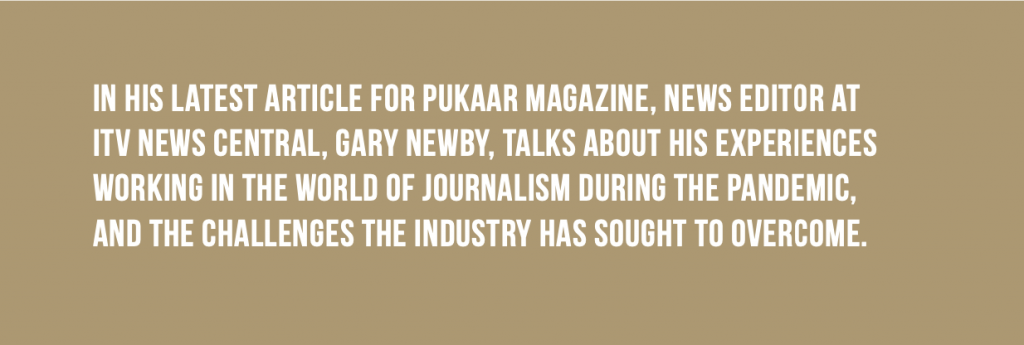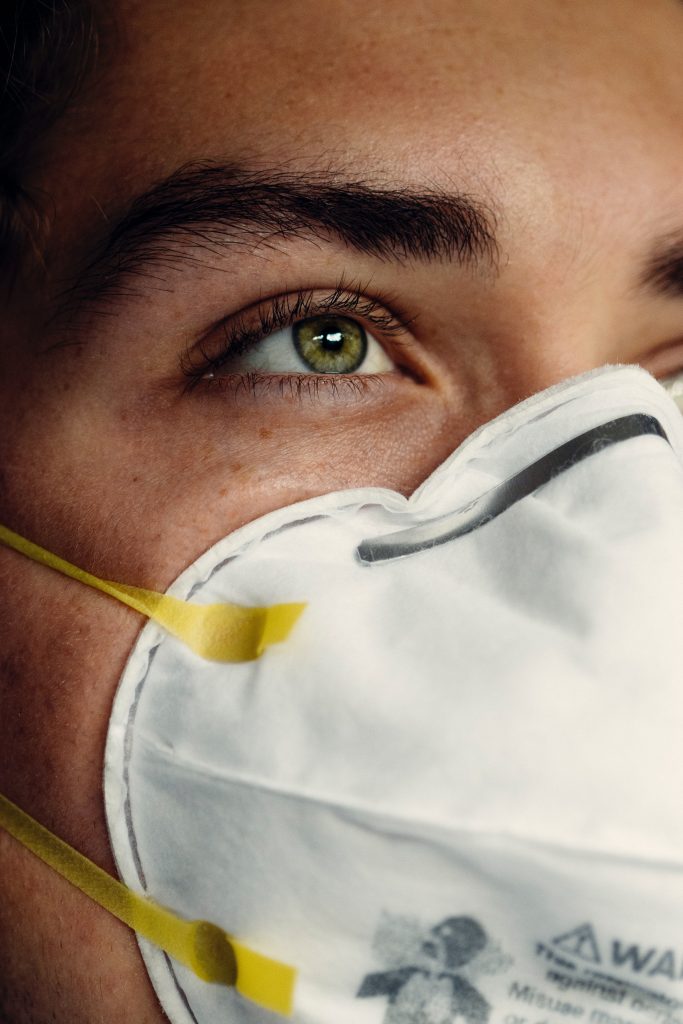 My sleeping habits have been all over the place – waking during the night, rising too early and feeling exhausted in the afternoons. It is perhaps expected and the experience of many given the tumultuous events over the last year. A minor inconvenience and insignificant given the tens of thousands of lives lost, families shattered and jobs and businesses stalled or ended. There’s also been declining mental health, rising suicide rates and an escalation in domestic violence from a pandemic it seemed we had failed to foresee or to have recognised its magnitude. A disaster into which stepped a sleepwalking world.
My sleeping habits have been all over the place – waking during the night, rising too early and feeling exhausted in the afternoons. It is perhaps expected and the experience of many given the tumultuous events over the last year. A minor inconvenience and insignificant given the tens of thousands of lives lost, families shattered and jobs and businesses stalled or ended. There’s also been declining mental health, rising suicide rates and an escalation in domestic violence from a pandemic it seemed we had failed to foresee or to have recognised its magnitude. A disaster into which stepped a sleepwalking world.
We awoke bleary-eyed to find our expressions, masked by face coverings, could no longer be read as a happy greeting or grimace of disdain and everywhere there were instructions and markings on how we should wash our hands and keep two metres apart. What before might have seemed unfriendly were now lifesaving gestures.
A succession of lockdowns and restrictions kept us apart from each other, most markedly our family and friends, and from everyday treats whether a visit to a cinema, pub, restaurant or hairdresser. It plunged some into a frightening sense of isolation in which they would struggle to cope.
The virus crept close, causing people we knew to fall seriously, sometimes dangerously, ill and we admonished those we saw failing to protect us when they flaunted the rules whether by holding illegal parties or simply standing too close to us in the supermarket. We grew sad, angry and fearful.
Few of us will have endured the challenges of the last year without occasionally wondering what manner of disaster could possibly strike next. And in many instances, sure enough, another setback arrived dispiritingly in short order. In my case, one such occasion was attending the funeral of a friend during lockdown. It was moving but too brief and too few were allowed to attend.
We were also shaken from our slumber with a renewed recognition and respect for our key workers, for friends, work colleagues and neighbours who cared about us, and for family and other loved ones. It was an appreciation pierced by a prick of guilt when we realised we had too often taken them for granted in the past. In that way, the pandemic has been a revelation, awakening us to the good in people and the good that many of them do.
At ITV News Central we’ve done much to ensure we reflect the positive responses, community spirit and individual heroism, to the crisis along with reports on the appalling consequences COVID-19 has had on people and businesses and fulfilling our responsibilities as a public service broadcaster to explain what the government and local authorities are doing to protect us.

As with other employers, we’ve taken measures to ensure colleagues are safe as we can make them whether operating on-the-road, in our newsrooms and bureaux or working from home. The pandemic has accelerated the pace of change in how we all work. Working from home for many has become one of the most
prolific new normals to emerge from the crisis, supported by studies that show many employees prefer it. The impact of the pandemic has been felt most acutely in Leicester, the only city in the country to have experienced an unbroken period of tough restrictions since first imposed in March last year. We’ve devoted much of our air time to the plight of the city and its residents, particularly highlighting those who’ve gone out of their way to ensure the comfort of their neighbours and others in the wider community. Leicester’s journey through this crisis has been gruelling, heartbreaking at times, and we don’t yet know the impact it will have on its reputation and the rate of return of visitors to its shopping offerings and other attractions. It could be a slow, uneven recovery and one that forces a rethink of the purpose of our city centres. The pandemic could lead to a legacy lasting long after the threat to public health.
A friend pointed out to me that COVID-19 underscored one of humanity’s most enduring failings: a propensity to take nature for granted. Ultimately, the virus came about because, as a species, we are still dangerously contemptuous of the natural realm’s supreme power. And notwithstanding the extent to which the pandemic has dominated our lives, the greatest threat is still climate change. As with COVID-19, we are desperately battling to ward off the effects when we could have prevented the problem from ever occurring in the first place. But we all have a massive and tremendously valuable role to play in getting us out of them.
There will be examinations of the official response to the pandemic for years to come. The chances of consistently making the right move when confronted by an almost wholly unfamiliar situation are extremely slim. Much will be made of hindsight but it is nothing compared to foresight and awareness. The best way to correct mistakes is to learn from them, and doing things not only better but differently is the essence of innovation.
There’s much we will learn, and have learned, from the pandemic and each other, some of which we’ll want to cherish and to make a lasting change to our lives. It may have woken us to what is really important and what other challenges we must prioritise. And maybe then we will all be able to enjoy a good night’s sleep.



